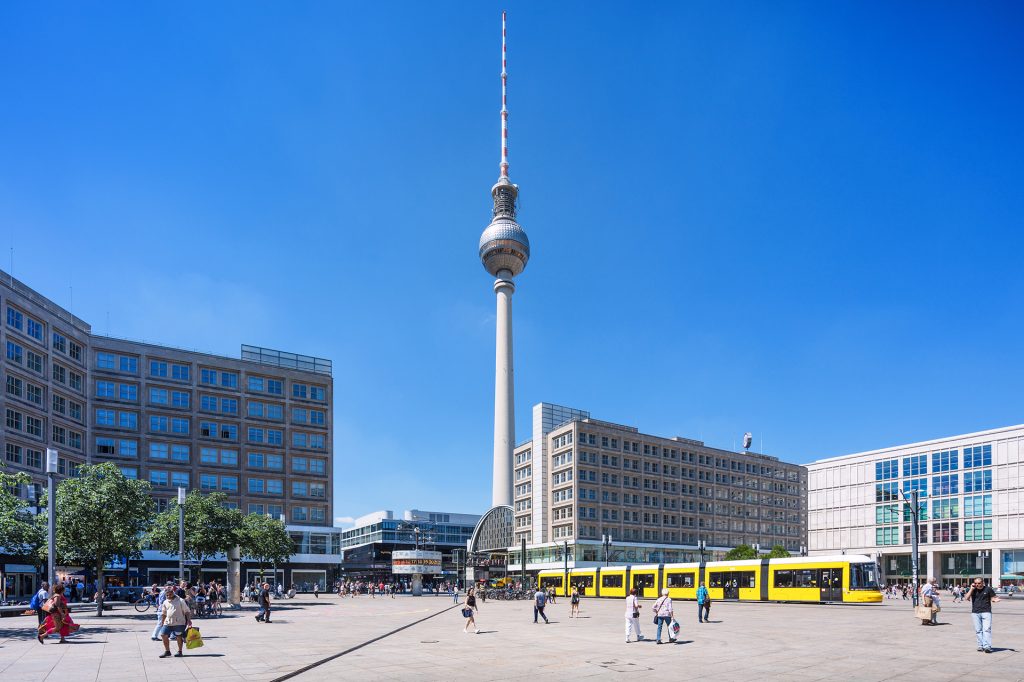It is still not easy to talk about what was the German Democratic Republic, even 34 years after the collapse of the regime that created it. For ardent supporters of Real Socialism, the demise of the GDR resembled the sinking of the mythical Atlantis. In contrast, for those who saw the Berlin Wall as a symbol of barbaric totalitarianism, its fall represented a victory for democracy.
The conditions of those living in the East German territory are one of the many problems faced by Federal Germany, and the economic downturns have relegated it to the last place on the German political agenda. Thus the GDR was soon forgotten, along with its “whining” citizens, the obscure and questionable handling of public affairs—particularly the encroachment on the freedom and privacy of its people—and the notable literature attributed to figures like Christa Wolf, Wolfgang Hilbig, Christoph Hein, and Stefan Hermlin.
Yet that country that no longer exists continues to live on in the deepest, innermost thoughts of millions. For those who emerged from it with their professional and private lives shattered, the GDR has become a source of indescribable nightmares; for others, however, who have failed to adapt to the stringent laws of capitalism, it has turned into a form of nostalgia so peculiar that it has been called “ostalgia.”
Elisabetta d’Erme
Writer, journalist and independent scholar. For years she was the cultural correspondent from Germany for Il Manifesto and other newspapers. Her field of research ranges from German-language literature to Victorian culture and James Joyce. Since 2013 she has been president of the Trieste Association of Friends of Opera “G. Viozzi”.
Free entrance / Italian only
![]()



